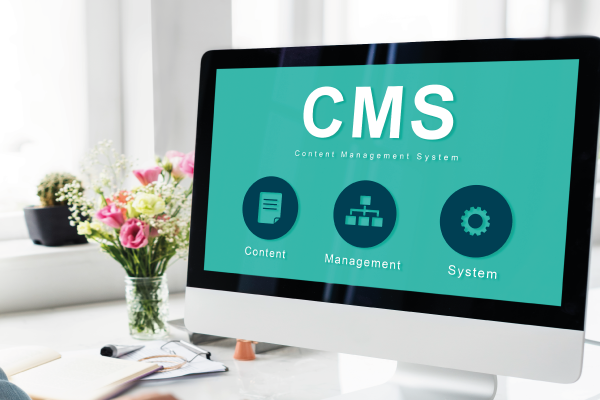A Comprehensive Guide to Cybersecurity and Privacy
04 October 2023

The choice of CMS can significantly impact your website's functionality, scalability, and user experience. Here are some compelling reasons why CMS comparison is essential:
Different websites have unique requirements. Some focus on blogging, while others are e-commerce stores or corporate websites. CMS comparison ensures you choose a platform that aligns with your specific needs.
Your website should have room for growth. A well-chosen CMS will adapt as your website evolves, saving you time and resources.
Some CMS platforms are user-friendly, making them ideal for beginners, while others offer advanced customization options for experienced developers.
Budget plays a crucial role. Some CMS platforms are open source and free, while others require licensing fees or subscription costs.
Let's delve into a comparison of three widely used CMS platforms:
Popularity: Powers over 40% of websites on the internet.
Ease of Use: Beginner-friendly with a vast library of themes and plugins.
Customization: Highly customizable with thousands of plugins for added functionality.
Community: Large user and developer community for support and resources.
Popularity: Used by millions of websites, especially for e-commerce and social networking.
Ease of Use: Offers flexibility but may have a steeper learning curve than WordPress.
Customization: Extensive customization options with numerous templates and extensions.
Community: Active community and developer support.
Popularity: Known for its robustness and used by high-traffic, complex websites.
Ease of Use: More suitable for experienced developers due to its complexity.
Customization: Highly customizable for creating complex web applications.
Community: Smaller but dedicated community for support.
Choosing the right CMS is a crucial step in building a successful website. While WordPress, Joomla!, and Drupal are just a few options, there are many other CMS platforms available. When making your decision, consider factors like your website's purpose, your technical expertise, scalability needs, and budget.
Remember that the ideal CMS for one website may not be the best choice for another. By conducting a thorough CMS comparison and understanding your unique requirements, you can make an informed choice that sets the foundation for a successful online presence.